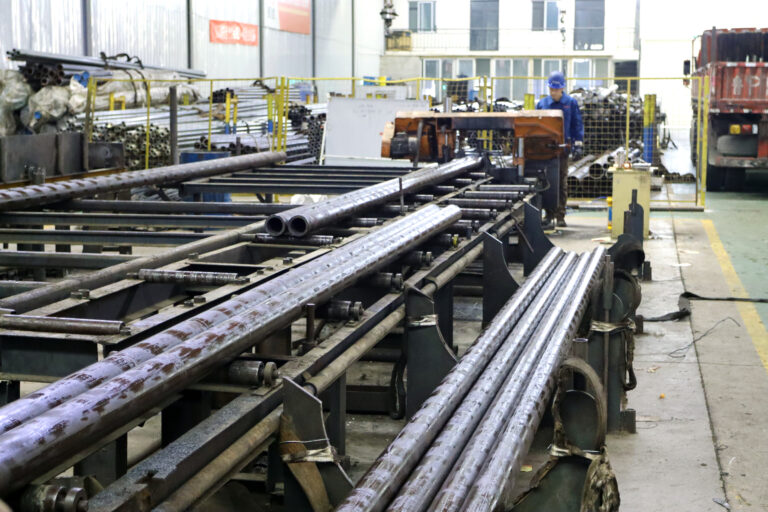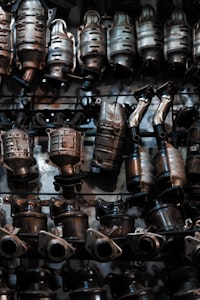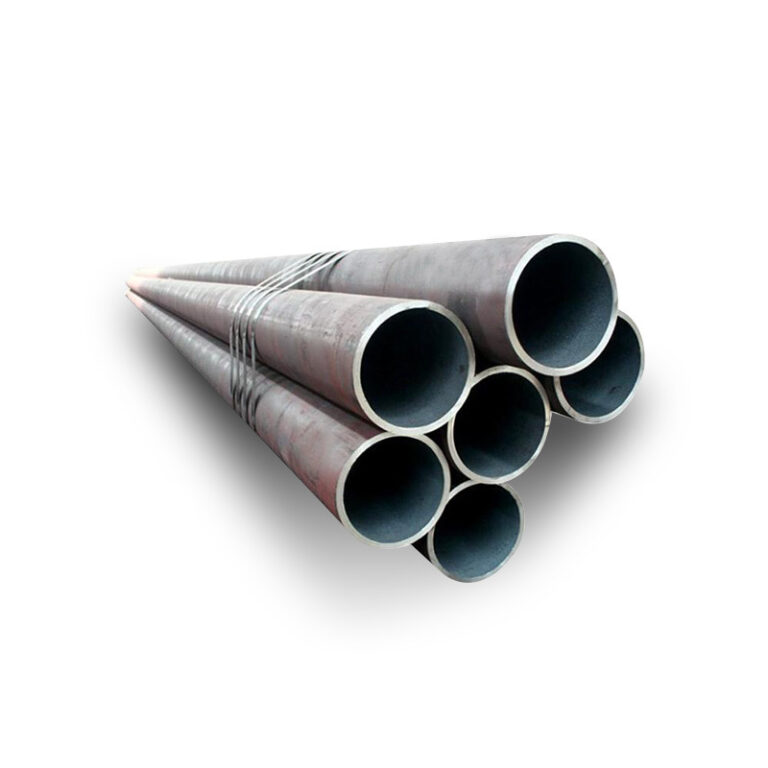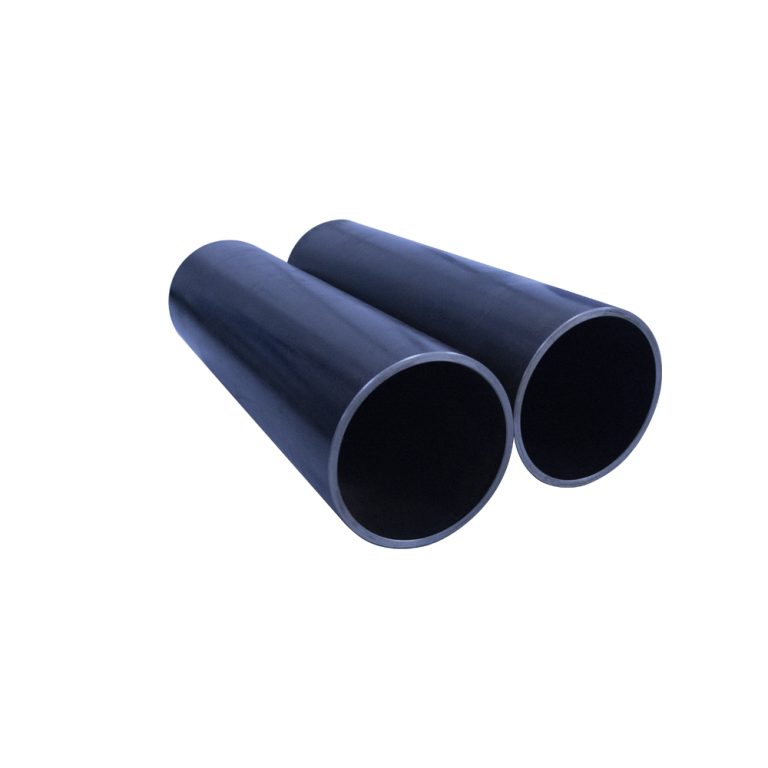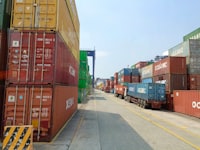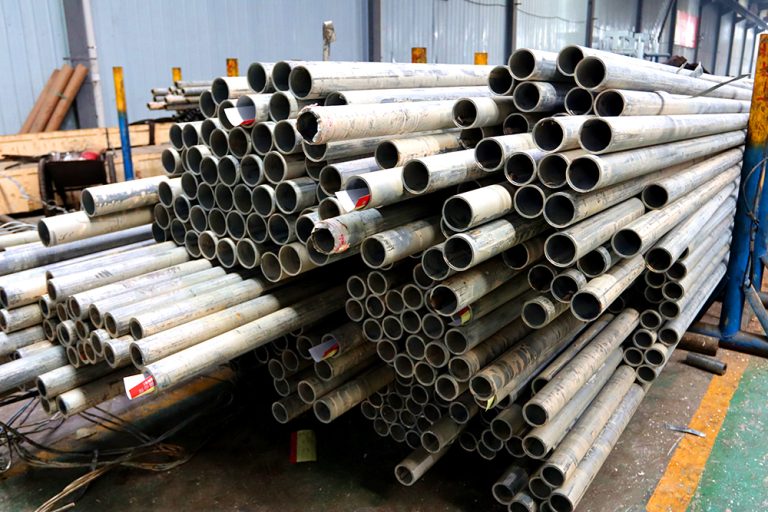Seamless Steel Pipe Supplier from China

Analysis of the impact of tariff policy adjustment on the competitiveness of Korean steel companies in the US market
The US policy adjustment of imposing a 25% tariff on imported steel products has had a multi-faceted negative impact on the competitiveness of Korean steel companies in the US market:
Decrease in cost and price competitiveness: After the tariffs were imposed, the cost of Korean steel products entering the US market increased significantly. If Korean companies absorb the tariff costs themselves, their profit margins will be compressed; if the costs are passed on to consumers, product prices will rise, and their price competitiveness will be greatly reduced compared with US domestic steel and steel products from other countries not affected by tariffs.
Market share squeezed: The US automotive, home appliance, and construction industries are the main demanders of steel. The tariff policy has pushed up the production costs in the US. These industries may reduce their demand for Korean steel and turn to local suppliers or purchase from other countries, resulting in further squeezing of the market share of Korean steel companies in the US.
Industry chain transmission pressure: Due to the cost impact of the United States on steel demanders, Korean steel companies face dual pressures from upstream and downstream of the industry chain. Upstream suppliers may face the risk of reduced orders, and downstream customers may require Korean companies to provide more favorable prices or better services to make up for their increased costs.
Small and medium-sized enterprises are in a difficult situation: Most of South Korea’s steel derivatives are produced by small and medium-sized enterprises with weak risk resistance. Large steel companies can cope with the impact of tariffs by expanding domestic production in the United States and increasing the research and development and production of high-value-added steel. However, small and medium-sized enterprises have limited resources and capabilities and it is difficult for them to take effective countermeasures. Their competitiveness in the US market will be more affected.
However, Korean companies are also actively taking countermeasures. For example, Posco and Hyundai Steel plan to build an integrated steel plant in Louisiana, USA. By localizing production to avoid tariffs, they may improve their competitiveness in the future.


